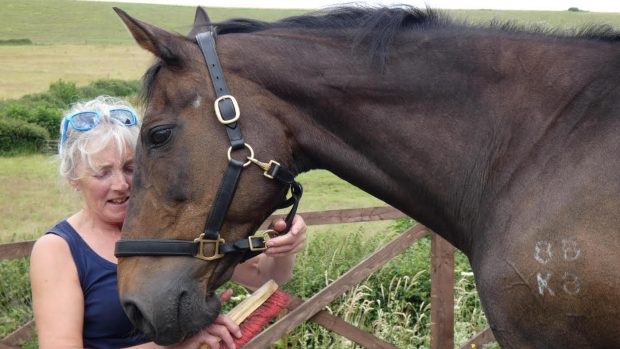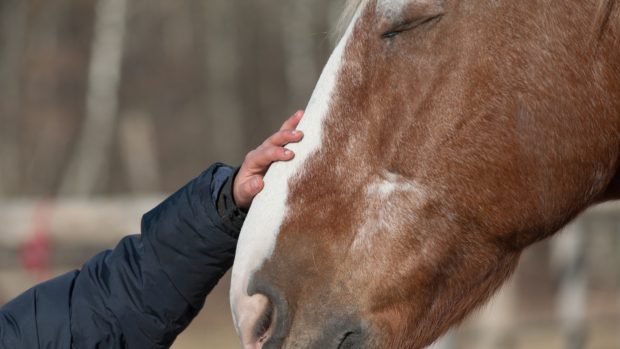Q: Last August, having owned my horse for two years, I decided to sell him. I had no luck selling him, so asked a former employer and proprietor of a riding school if he wanted to use him in the school.
It was verbally agreed that he could use him if he thought he was suitable, otherwise I would make alternative arrangements. My horse’s passport was left at the yard with him so vaccinations and so on could be recorded. I did not give anyone permission to change the owner’s name on the passport.
Three weeks ago, the proprietor of the riding school had my horse put down without my prior knowledge or permission. I am considering taking legal action against the school as, presumably, the passport must have been produced when the horse was put down. Surely I ought to have been contacted before he was put down? Or is it possible that someone could have changed the details on the passport without my knowledge?
SF, East Sussex
ALTHOUGH the Passport Regulations state that the person in possession of a horse’s passport must make it available to a vet administering medicine to a horse, it is possible for a vet to administer medicine without seeing its passport where it is not available, according to solicitor Lucy Jay of Travers Smith.
“Their overriding duty is to alleviate suffering wherever possible by administering appropriate medicine. And, even where they are shown a passport, they are only required to satisfy themselves that the horse is the one described in it, and to complete certain parts of the passport (where applicable), such as vaccination records,” she explains.
“Passports are not ownership documents. Instead, they are identification documents intended to ensure that horses who have been treated with veterinary medicines not authorised for use in food-producing animals cannot be slaughtered for human consumption.
“Under the regulations, a horse cannot be sold for slaughter for human consumption or be consigned for such slaughter unless it is accompanied by a passport. But this requirement only applies to horses intended for human consumption,” adds Lucy.
So, contacting you before your horse was put down would not have been part of the vet’s remit. Similarly it would not have been necessary for the riding school proprietor to change the ownership details on your horse’s passport.
As the horse’s owner, it is your duty to inform the passport authority within 30 days of its death, stating the cause and other relevant details. The riding school owner should give you this information along with your horse’s passport.
With regard to your legal position, Lucy states: “There appears to be no written contract between you and the riding school relating to the loan of your horse.
“Where an oral contract exists, this can be difficult to enforce, as you would need to argue that the contract contained an implied term that the horse would not be put down without your consent.
“The success of this argument would in turn depend upon the circumstances in which the horse was put down. For example, your case would be weakened if the vet who put the horse down advised that immediate euthanasia was the only option and the riding school had tried (unsuccessfully) to contact you.
“You would also need to show that you had suffered a financial loss as a result of the horse being put down without your consent. If the horse was so badly injured prior to being put down that it had no value at that point, you would have suffered no loss.
“I would strongly advise that written agreements are put in place in all circumstances where horses are loaned. Such agreements should specify what is to happen in the event that the horse requires emergency veterinary treatment, and may provide that the horse may be put down on the advice of a vet where it is not possible to contact the owner,” she concludes.
Information
For legal advice contact Travers Smith
Tel: 020 7295 3000 www.traverssmith.com
This Q&A was first published in Horse & Hound (31 August, ’06)



